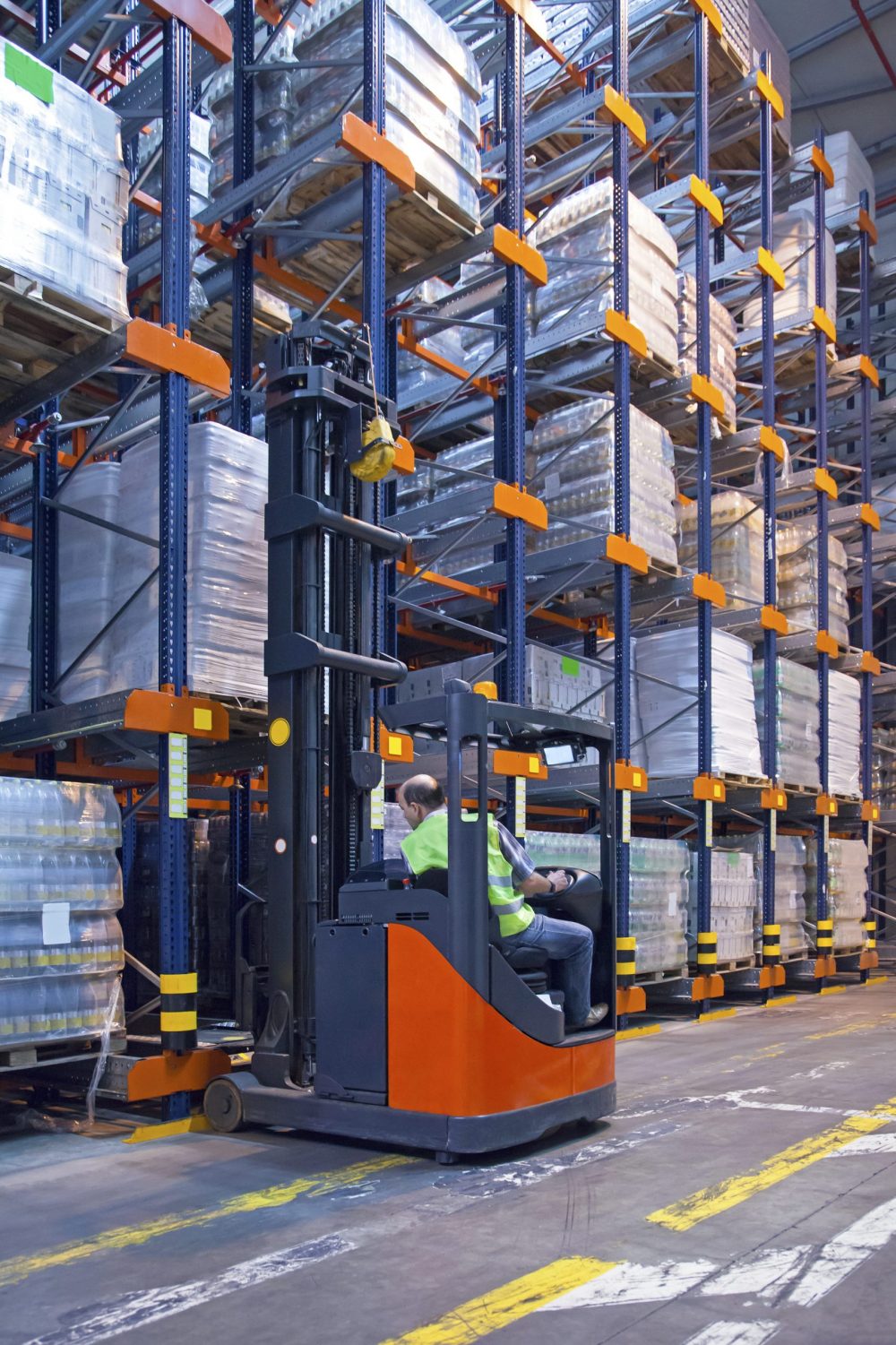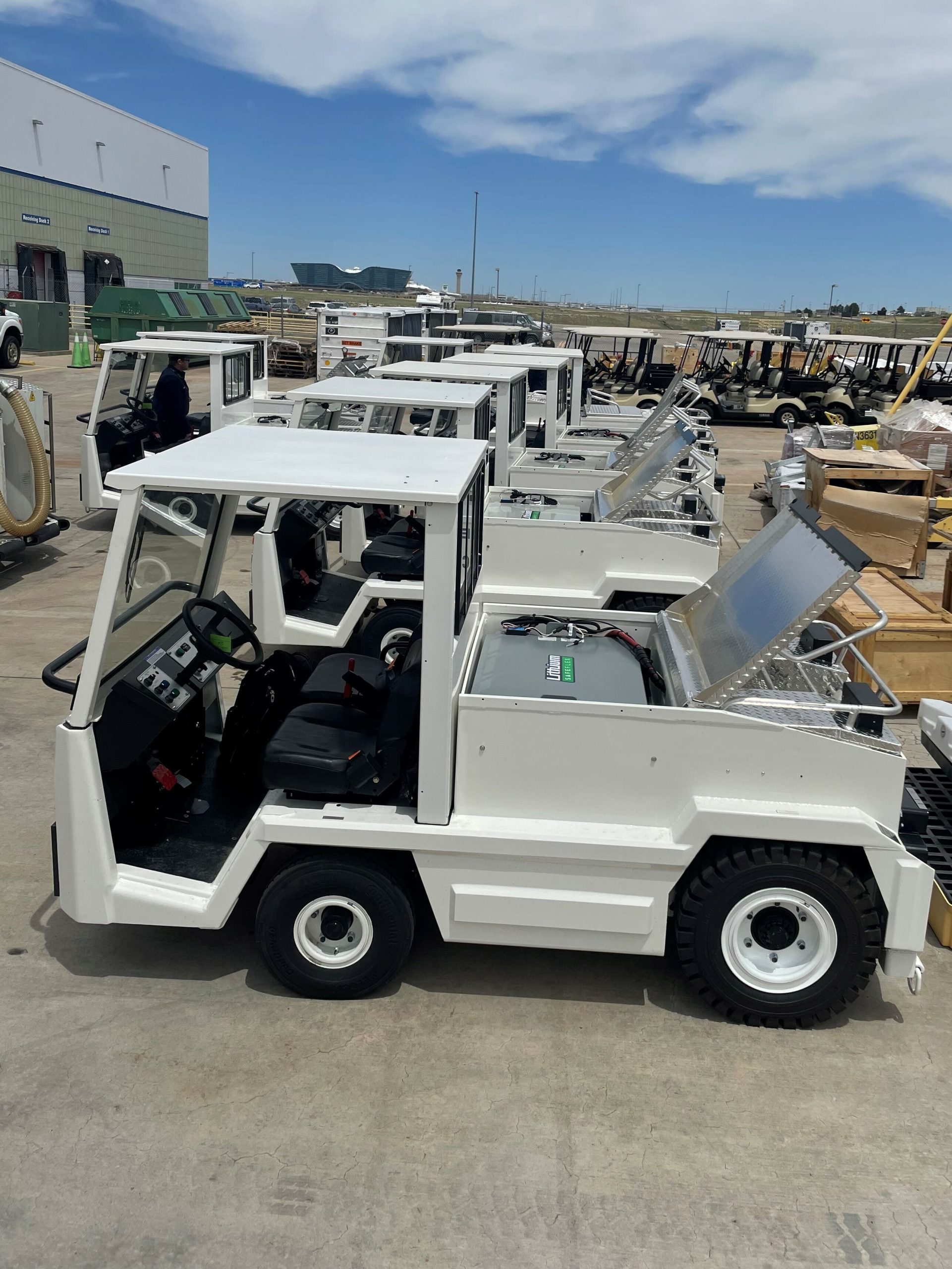The GSE Expo 2024 gathered industry leaders, innovators, and professionals. They were excited to explore the latest advancements in Ground Support Equipment (GSE). This year, airlines and manufacturers emphasized efficiency, sustainability, and reliability, showcasing significant growth areas within the industry. A notable trend was the increasing adoption of Li-ion batteries, which are becoming essential for achieving sustainability and environmental objectives.
Key Trends in Ground Support Equipment
The Rise of Lithium-Ion Batteries
A prominent trend at GSE Expo 2024 was the escalating use of Li-ion batteries in ground support equipment. Li-ion batteries have many benefits over traditional lead-acid batteries. They offer higher energy density, longer life cycles, and faster charging times. These benefits lead to reduced operational downtime and enhanced efficiency for airlines and GSE operators.
Green Cubes Technology: The Power to Perform
Green Cubes Technology displayed its strong and developed solutions for GSE. They have over ten years of experience in motive power. They introduced a groundbreaking new battery specifically designed for GSE applications, featuring several innovative attributes:
- Communication Isolation: Ensures seamless integration with various GSE systems, enhancing operational efficiency while eliminating common electrical interference issues.
- IP 54 Battery Management Electronics: Provides superior protection against dust and water ingress, ensuring reliable performance in diverse environments.
- Improved Reliability and Service: Engineered to endure rigorous use, this battery promises enhanced longevity and reduced maintenance needs.
What This Means for Airline Operations
The use of lithium-ion batteries and new technologies, like those from Green Cubes, can greatly affect airline operations. By utilizing more efficient and reliable power sources, airlines can significantly reduce their carbon footprint, lower operating costs, and enhance ground support efficiency.
Benefits of Lithium-Ion for Airline Operations
- Reduced Downtime: Faster charging times allow equipment to remain operational longer, minimizing downtime.
- Longer Life Cycles: Lithium-ion batteries outlast their lead-acid counterparts, decreasing the frequency of replacements and associated costs.
- Environmental Impact: These batteries are more eco-friendly, aligning with the sustainability goals of airlines.
Quality and Service in Battery Manufacturing for Ground Support Equipment
In the highly demanding world of GSE and airport operations, reliability and efficiency are critical. The quality of your equipment—and the service that backs it—can make a significant difference in operational success.
As more people use Li-ion batteries for GSE, it is important to ensure high quality and good service support. Li-ion batteries for GSE must meet strict standards. These standards ensure they can handle tough airport conditions and heavy use.
Understanding these requirements takes years of experience. Green Cubes has gained this experience over more than ten years of using Li-ion batteries at GSE sites.
Quality manufacturing is only part of the equation. Great service is very important for the long-term success of your GSE operations. That’s why we have invested in technology and resources to improve GSE customer satisfaction.
If you want to upgrade your GSE fleet, check out the new solutions from Green Cubes Technology. Visit greencubes.com for more information.
Conclusion
The GSE Expo 2024 highlighted a clear shift towards more sustainable, efficient, and reliable ground support equipment. Using these advanced solutions can help airlines and OEMs stay competitive in a changing industry.
If you want to upgrade your GSE fleet, check out the new solutions from Green Cubes Technology. They are leaders in sustainable energy and advanced technology. They design their cutting-edge products to enhance efficiency and promote environmental sustainability across various industries.
If you need energy storage, electric vehicle charging, or smart energy management tools, Green Cubes Technology can help. They have the solutions you need.
To see all their offerings, including specifications, case studies, and customer reviews, visit their website at greencubes.com. You will find detailed information about their products and services.
You can also learn about the positive impact they have in green technology. Don’t miss the chance to learn how Green Cubes Technology can help you reach your sustainability goals. It can also improve performance and lower costs.




